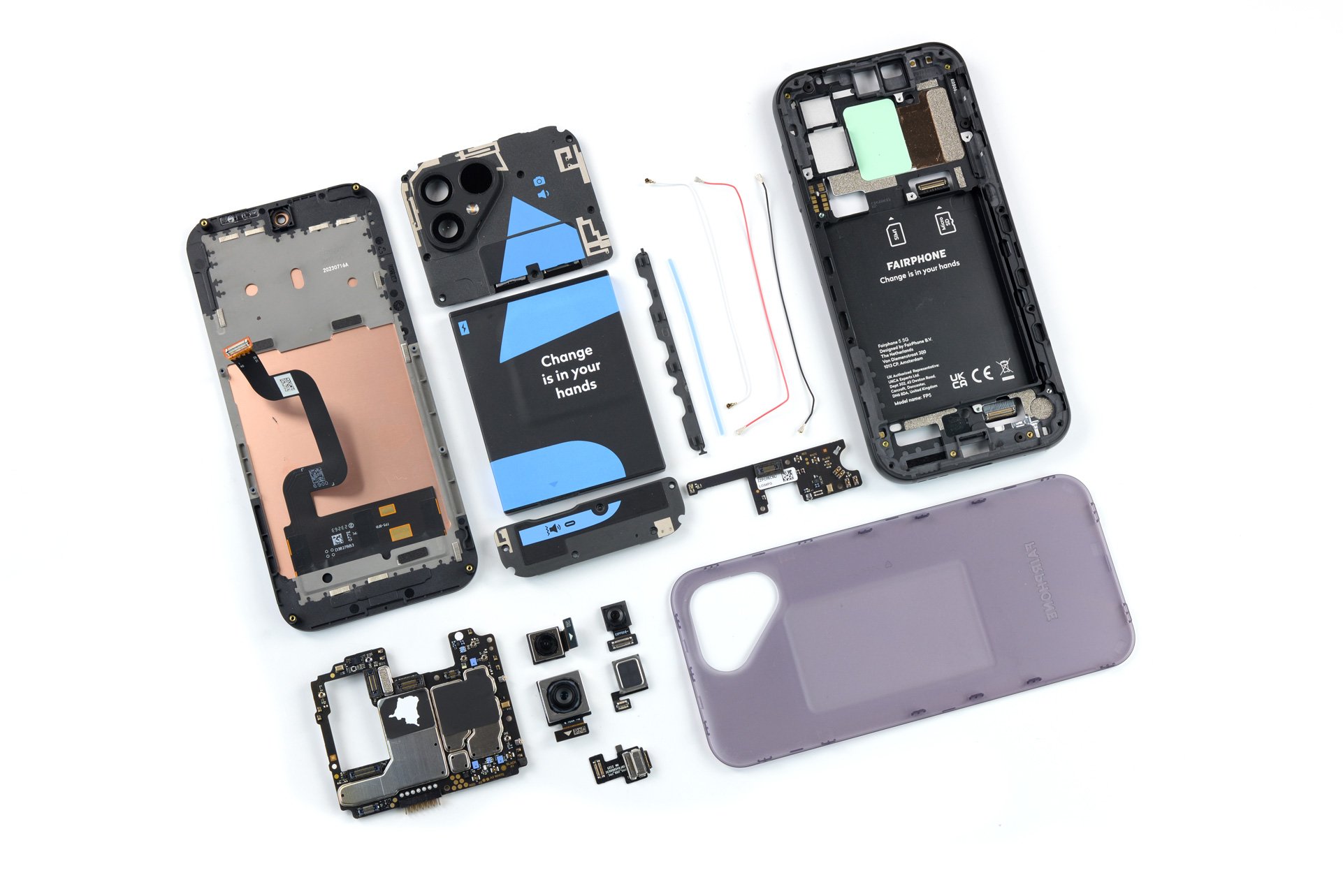- cross-posted to:
- [email protected]
- cross-posted to:
- [email protected]
While they were happy with what the fairphone 4 brought to the table, they seem to like what was changed for the fairphone 5.
What are you guys’ opinions on this? A welcome change? would you get one if your phone died within the next year?



If you can tell the difference between well-compressed, high bitrate audio and lossless audio played on the same equipment, then you’re in the minority. However it’s pretty easy to accidentally end up with a combo of phone / app / app settings / headphones that results in a suboptimal listening experience, either because you’re using a bad codec (like SBC on any device or AAC on many Android phones) or because your music is being compressed twice. You can avoid the latter issue by streaming uncompressed music or by using a combo that doesn’t recompress your music (like Apple Music -> iPhone -> Airpods Pro/Max).
It’s also possible that the reason Bluetooth headphones sound worse isn’t because of losing information but because the headphones just aren’t as good as your wired ones. If you get a portable Bluetooth DAC like the Qudelix 5k, you can connect it to your phone and connect your wired headphones to it.
You don’t have to be happy with Bluetooth. You can buy a USB-C DAC for like $10. Apple’s “USB C to 3.5mm Headphone Jack Adapter” is 9 USD direct from Apple and it tested extremely well. You can use it on any modern phone or on your laptop or tablet, too. (You can also use the Qudelix 5k this way.)
If that adapter isn’t good enough (maybe it doesn’t output enough power for your high impedance headphones), then most phone’s built-in DACs + headphone adapters would have the same problem. Basically only Sony and LG (RIP) phones ever had especially good onboard DACs and amps, and even with them it would often make more sense to get a dedicated portable setup.
For anyone who is happy with Bluetooth, though, they don’t have to worry about all this and they get to reap the advantages of the headphone jack’s removal. The extra space can be used for more battery, if nothing else, and it’s easier to prevent dust/water ingress when you eliminate the headphone jack.
Also, I think you’re thinking of LDAC (by Sony), not aptX (by Qualcomm). LDAC is not lossless, either, but it’s much higher bitrate than anything other than the very recently introduced aptX Lossless, which - under ideal conditions - features lossless compression.